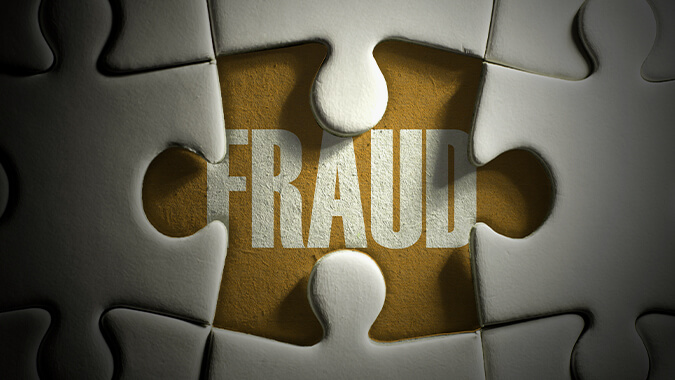
How School Board Members Can Help Combat Fraud
- Published
- Mar 6, 2020
- Share
Congratulations! You’ve just been elected to the school board. Now what? The school board works in conjunction with the superintendent to be aware of policy, law and regulation changes that affect the goals of the school. The board is responsible for overseeing the budget and safeguarding taxpayer dollars. This includes working with the auditors, understanding internal controls, and making changes to any control weaknesses identified.
School boards are typically comprised of volunteers who want to help their community, but often have little to no financial background. Therefore, monitoring a budget and managing the overall finances of the school may not be as effective as they should be.
According to the Association of Certified Fraud Examiners “2018 Report to the Nations,” there were 97 reported cases of fraud in the education sector, with a median loss of $68,000 between January 2016 and October 2017. The most commonly reported fraud schemes within education were (1) corruption, which includes bribery (kickbacks and bid rigging) and conflicts of interest (purchasing and sales schemes); and (2) asset misappropriation, which includes billing schemes and theft of cash (cash larceny, cash on hand, and skimming).
The school board has the ultimate responsibility for school governance, and the community needs to be aware that the board is actively looking to prevent fraud. The board should ensure that a fraud prevention manual exists and that it identifies procedures to prevent fraud. The procedures should include, but not be limited to:
- Anti-fraud training for all school employees.
- Established controls for all operations within the school, including segregation of duties and the performance of independent reviews.
- Review of grants and special education funding received and subsequent disbursements of funds.
- Board review of credit card holders and all charges made.
- Board review, at least monthly, of checks written and the bank reconciliation.
- Board review of cash receipts, including activity funds, and petty cash.
- Board review of contracts awarded and the related bid process.
- Review of conflict of interest forms for possible known omissions and relationships with current vendors.
- Board review of the results from the annual audit focusing on comments identifying any lack of controls.
- Random scheduling of surprise cash account audits.
- A method for people to provide anonymous tips if they suspect wrongdoing.
As a school board member, it is incumbent on you to speak up if you feel that the numbers just don’t add up for the wrong reasons. Trust your gut, it’s usually right.
Contact EisnerAmper
If you have any questions, we'd like to hear from you.
Receive the latest business insights, analysis, and perspectives from EisnerAmper professionals.










